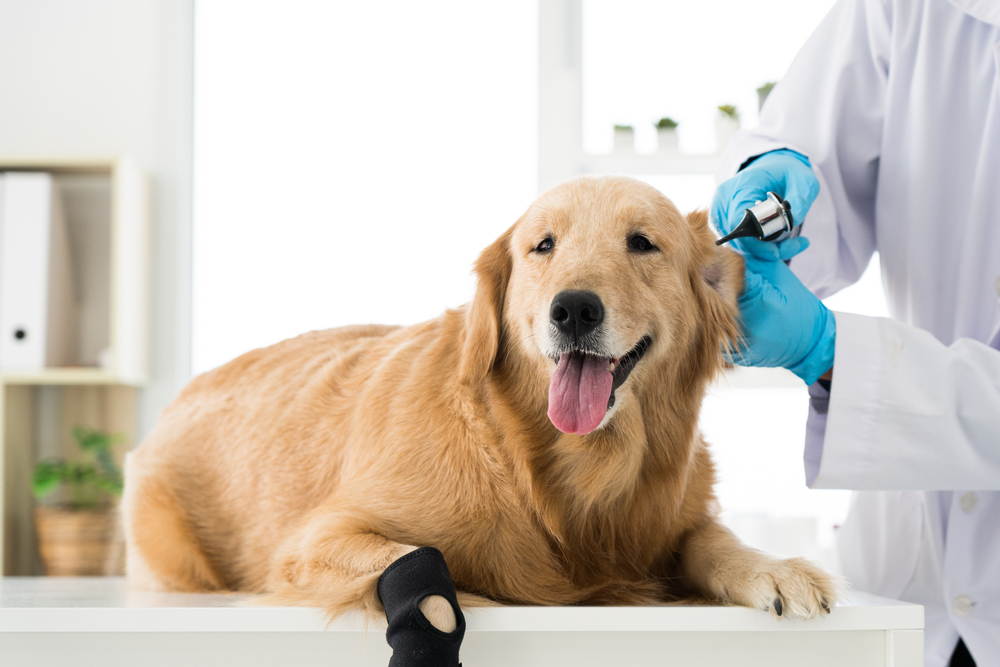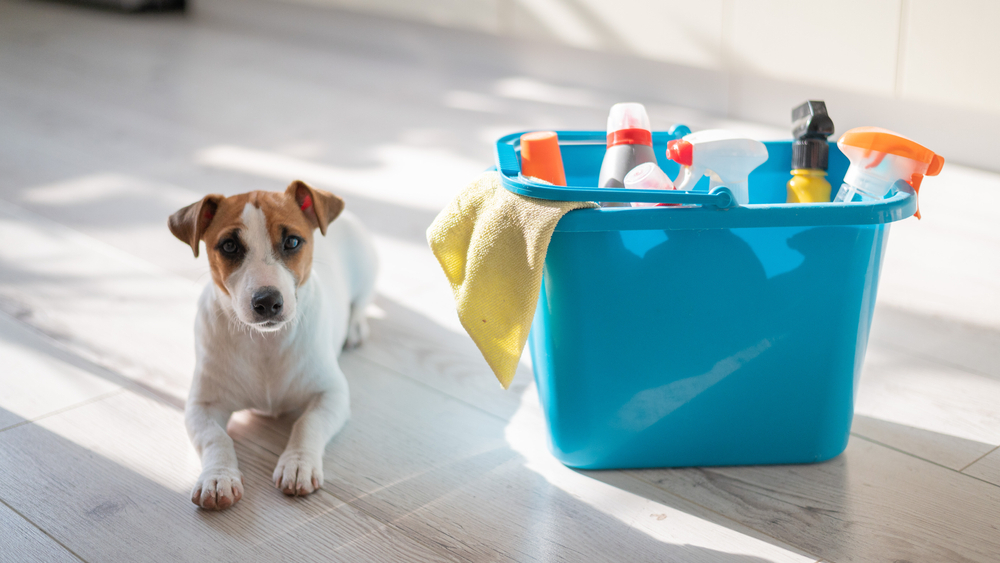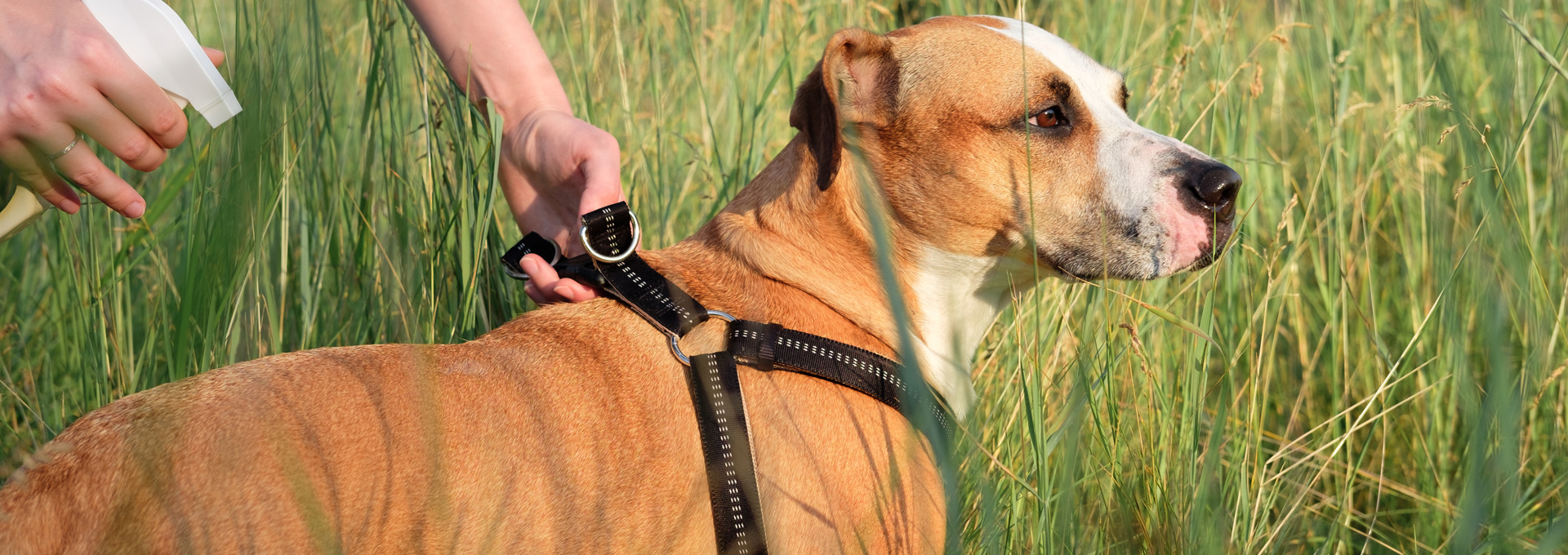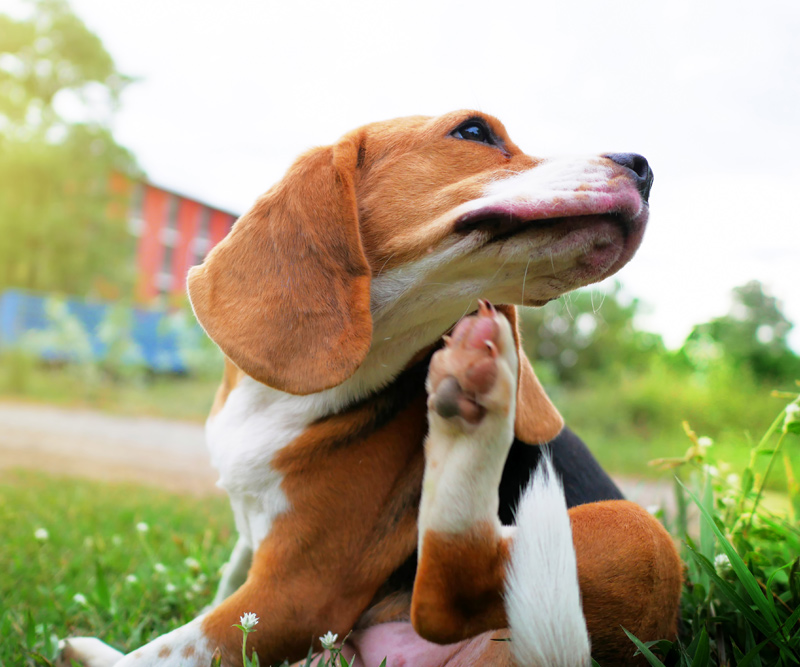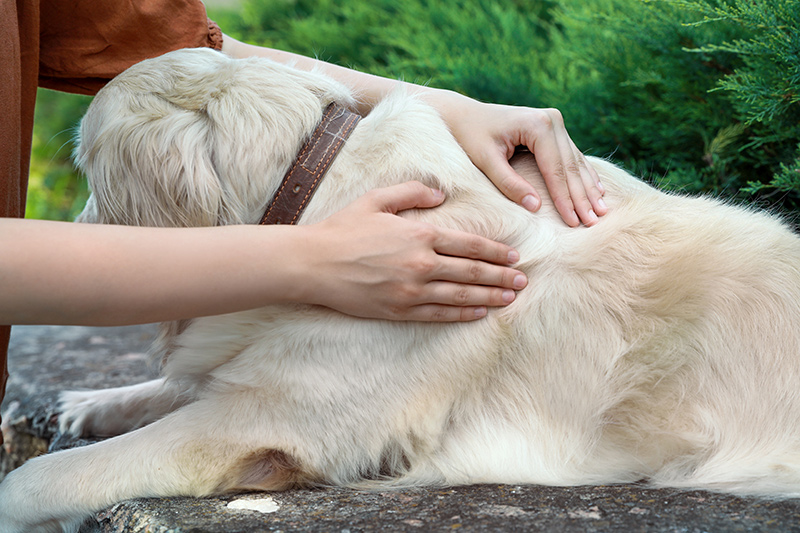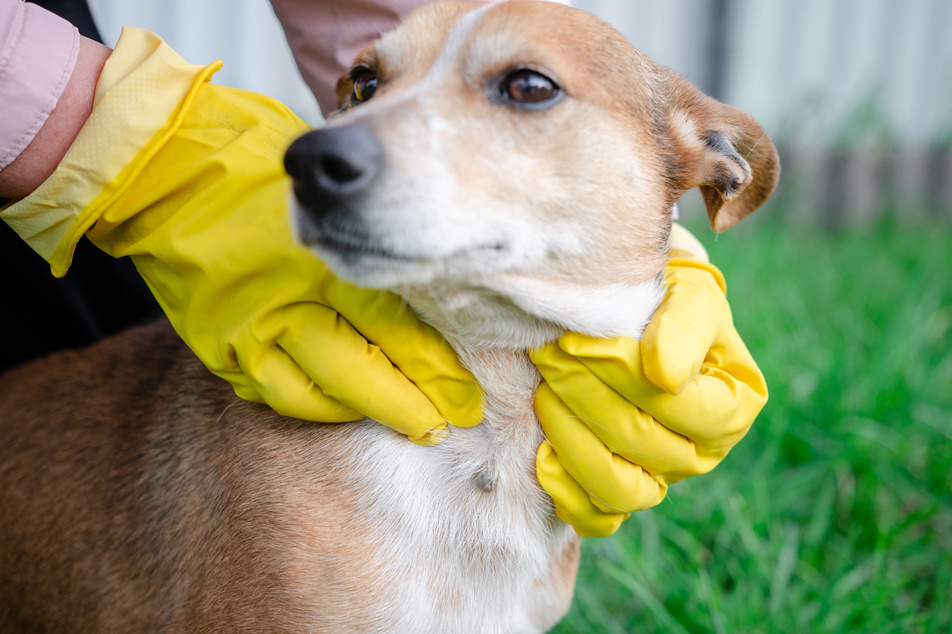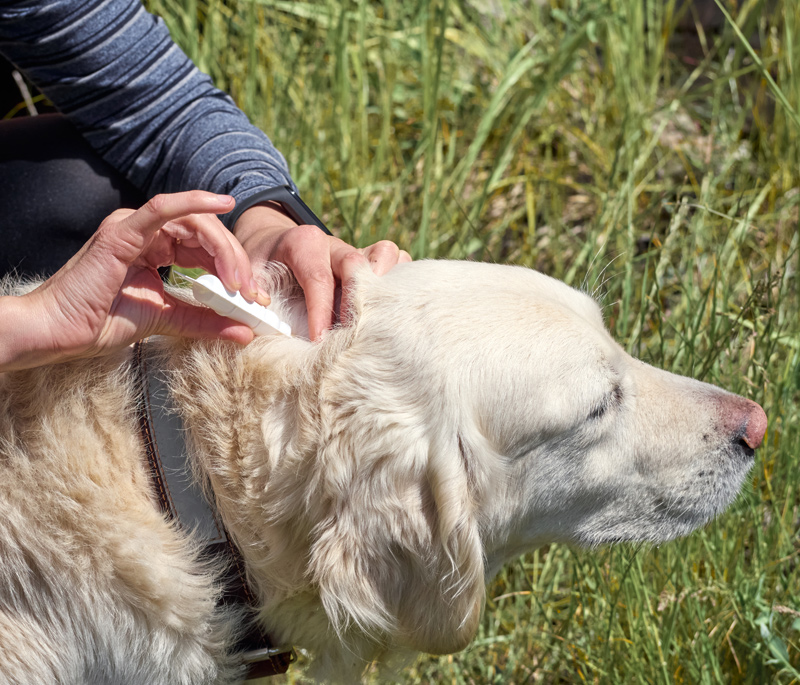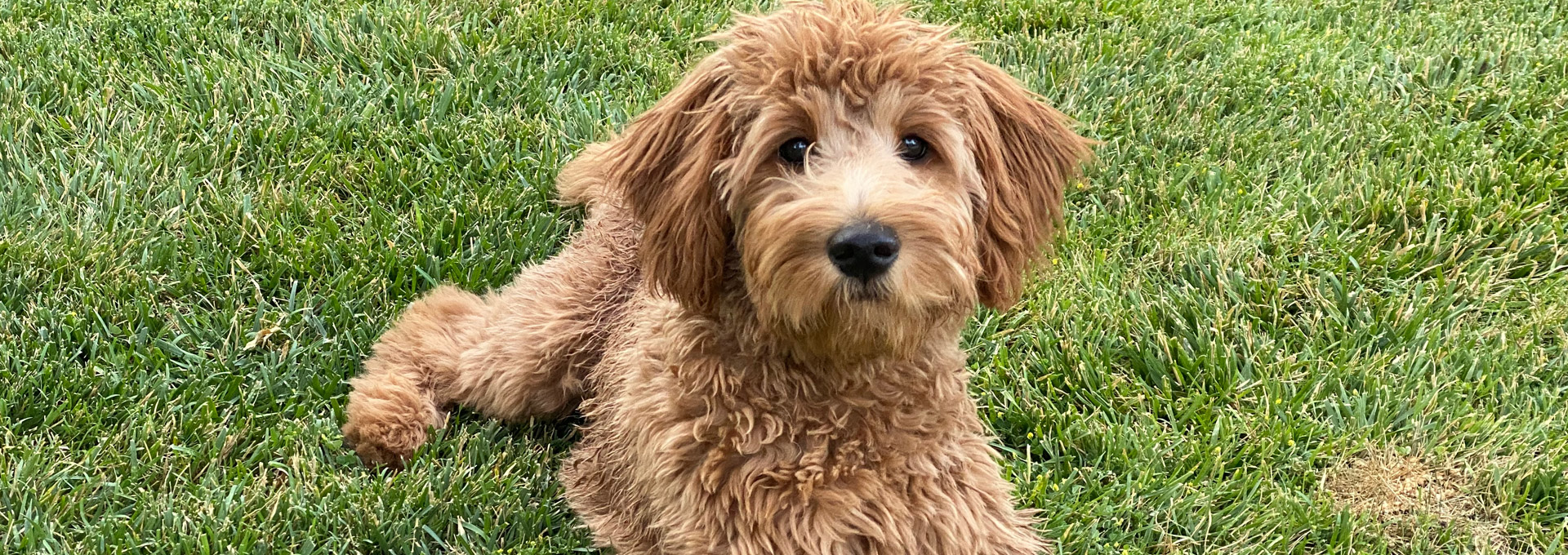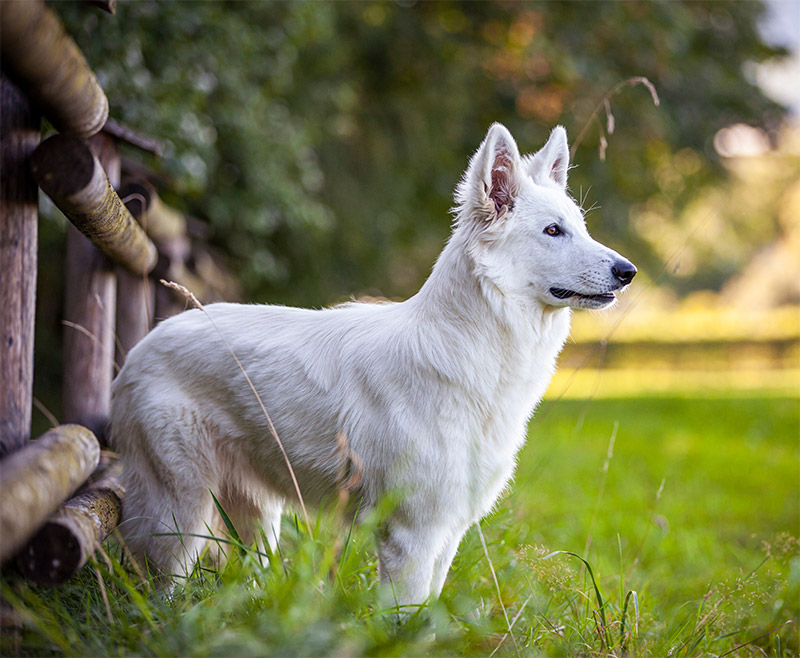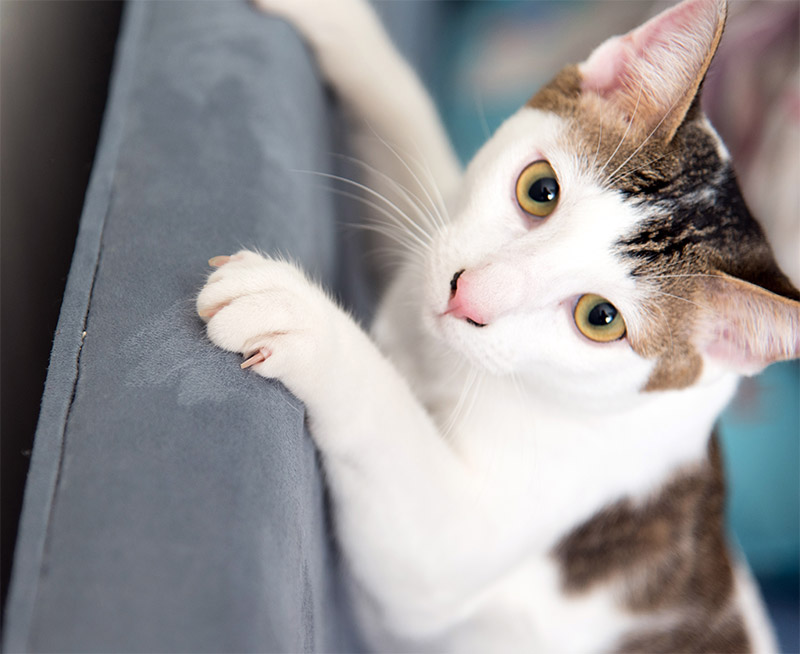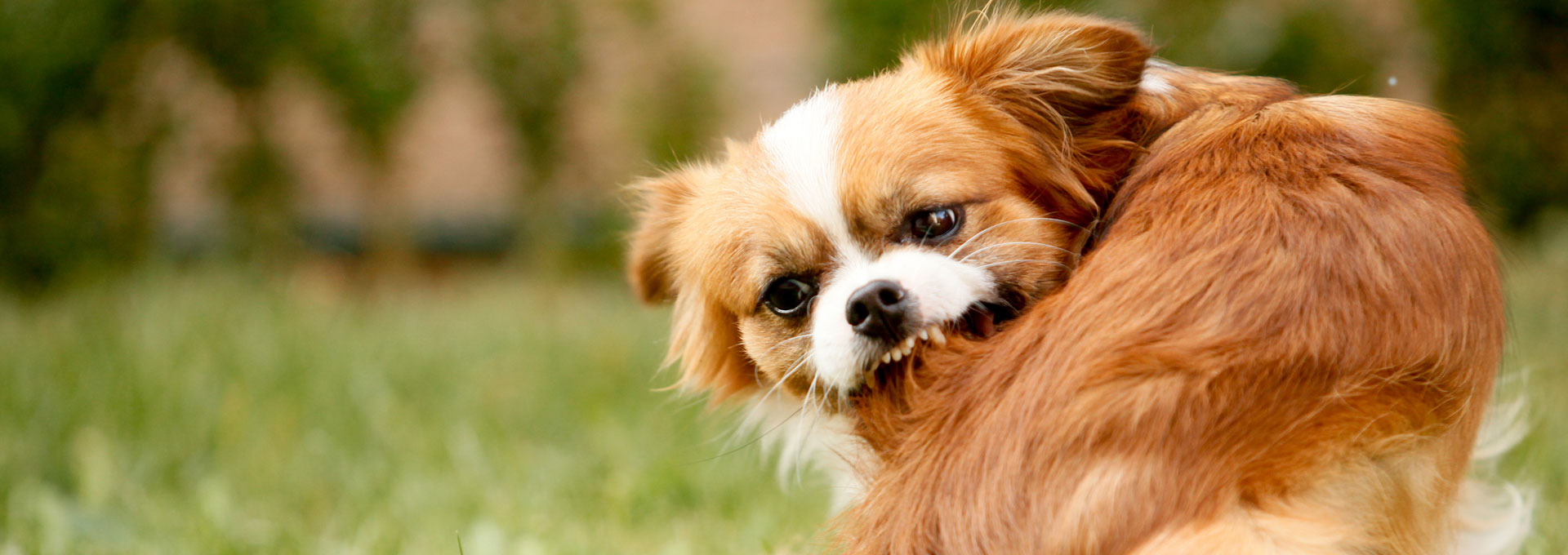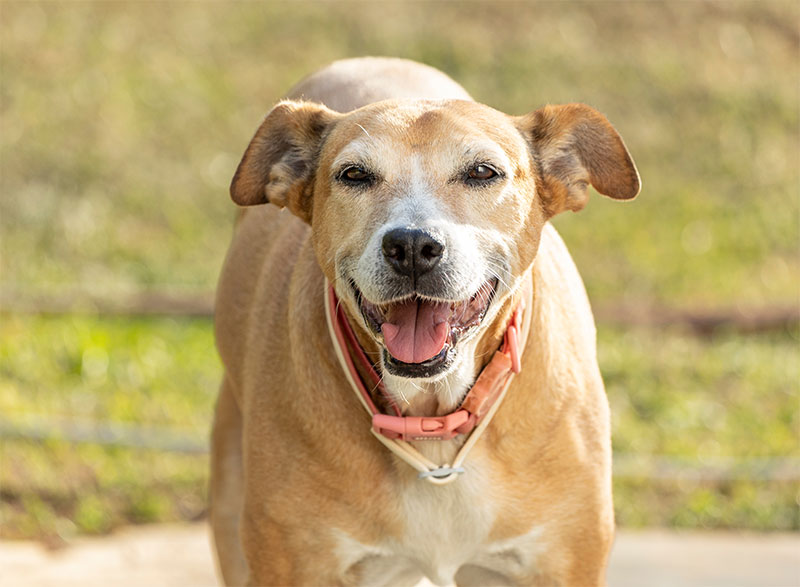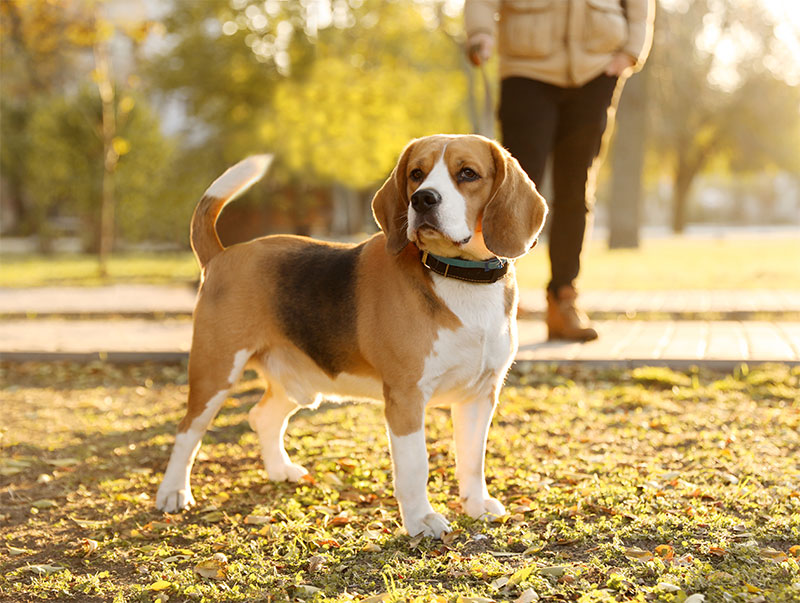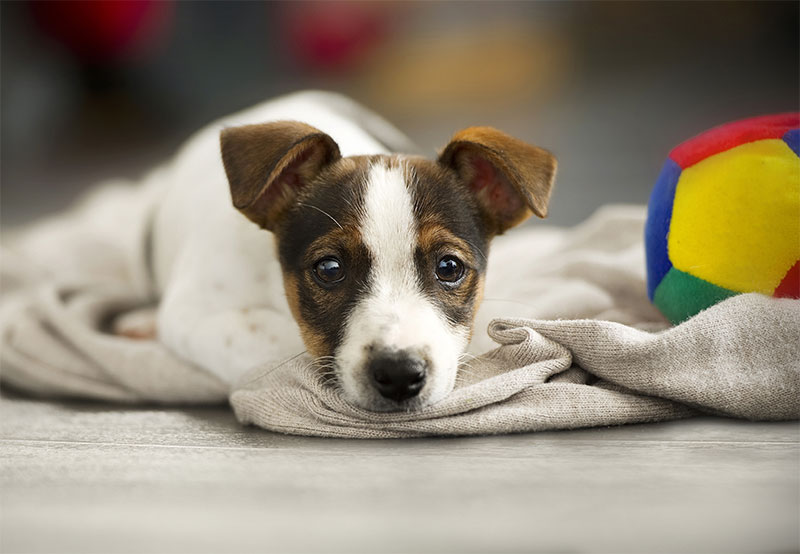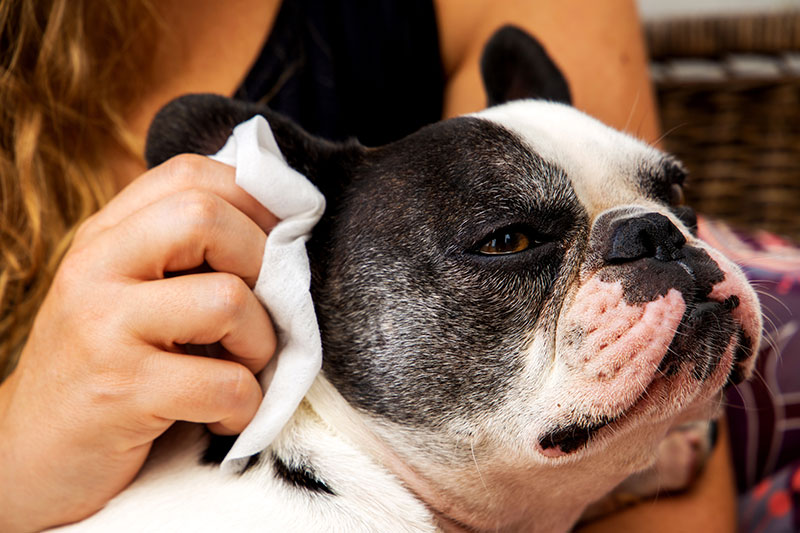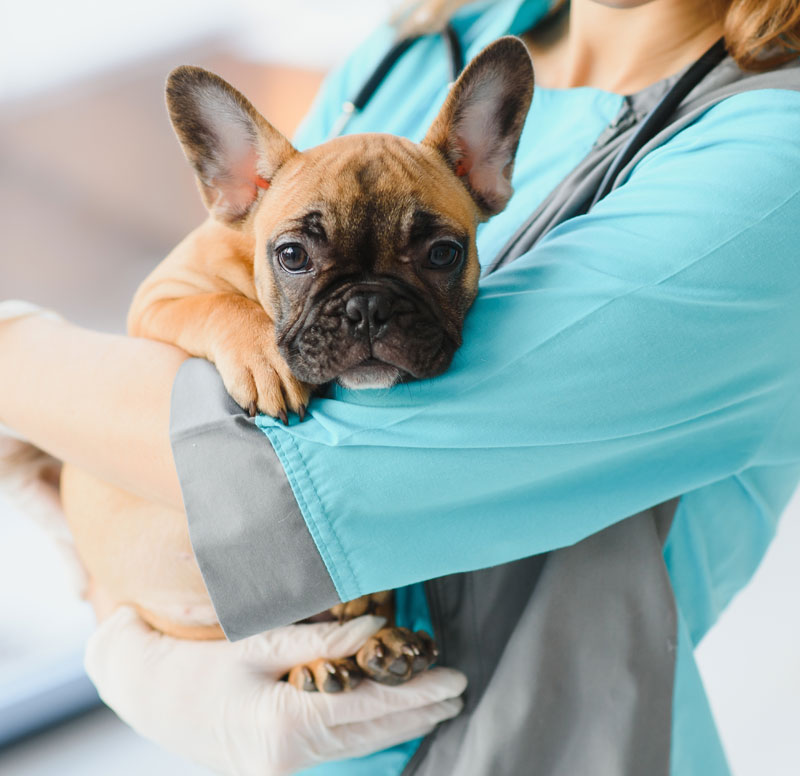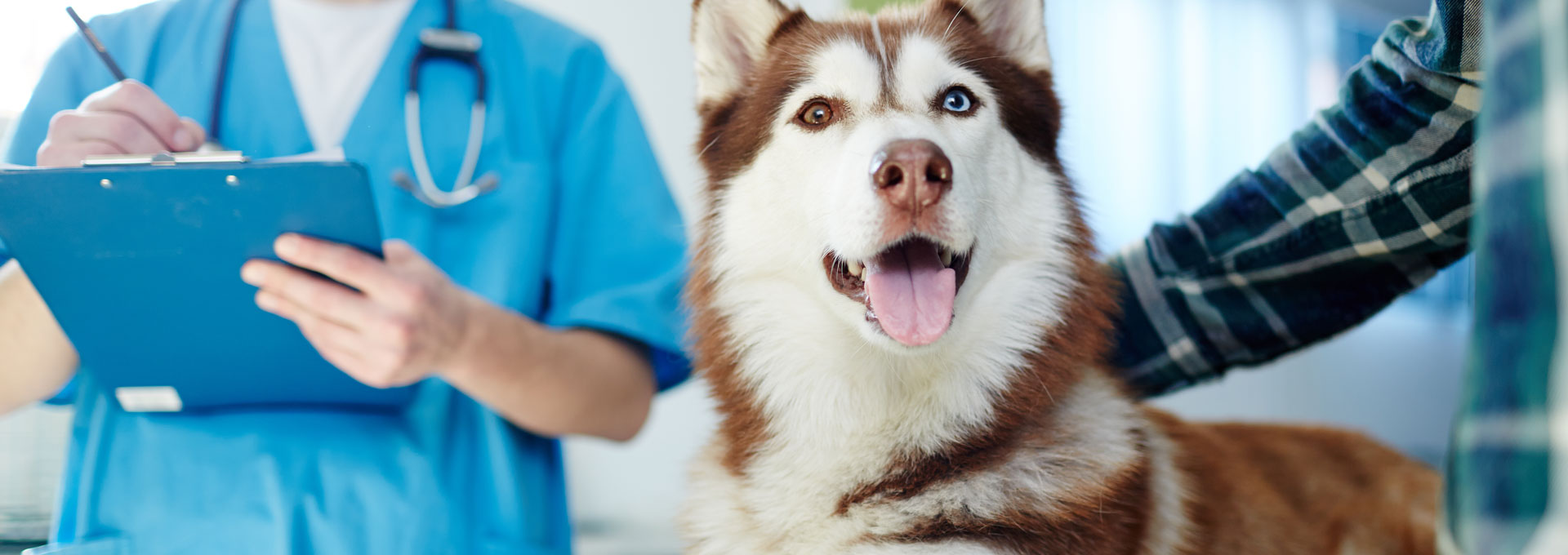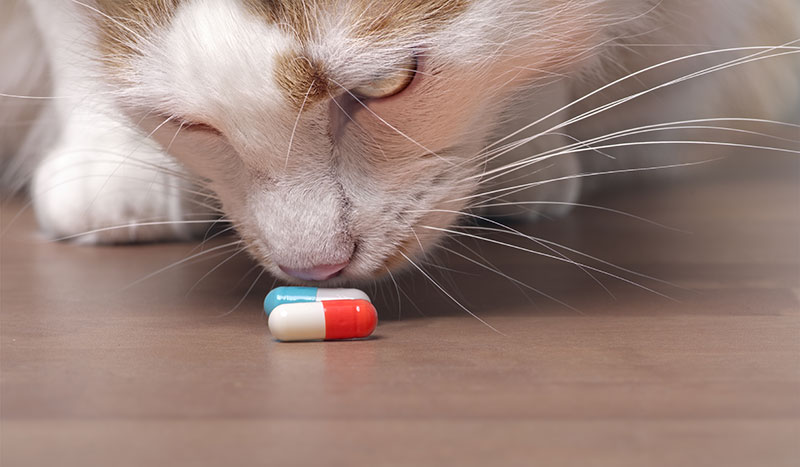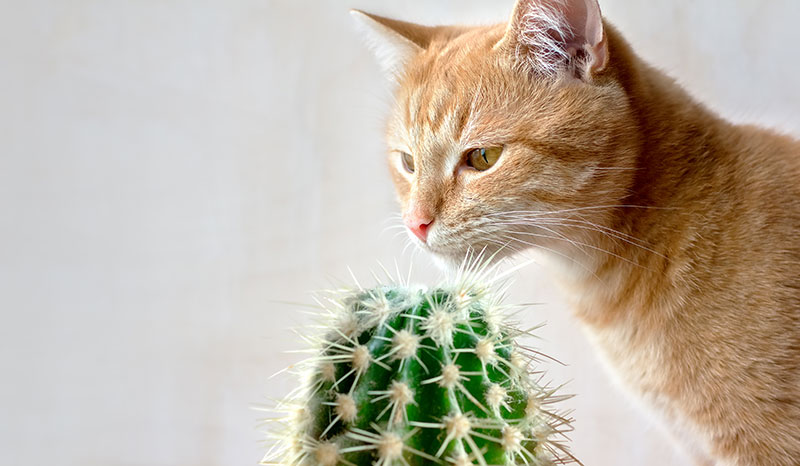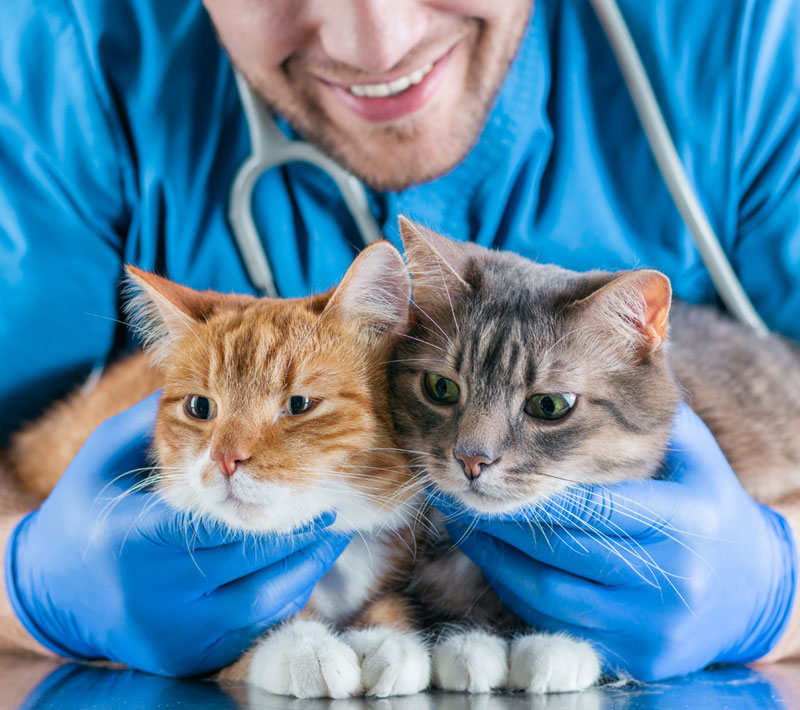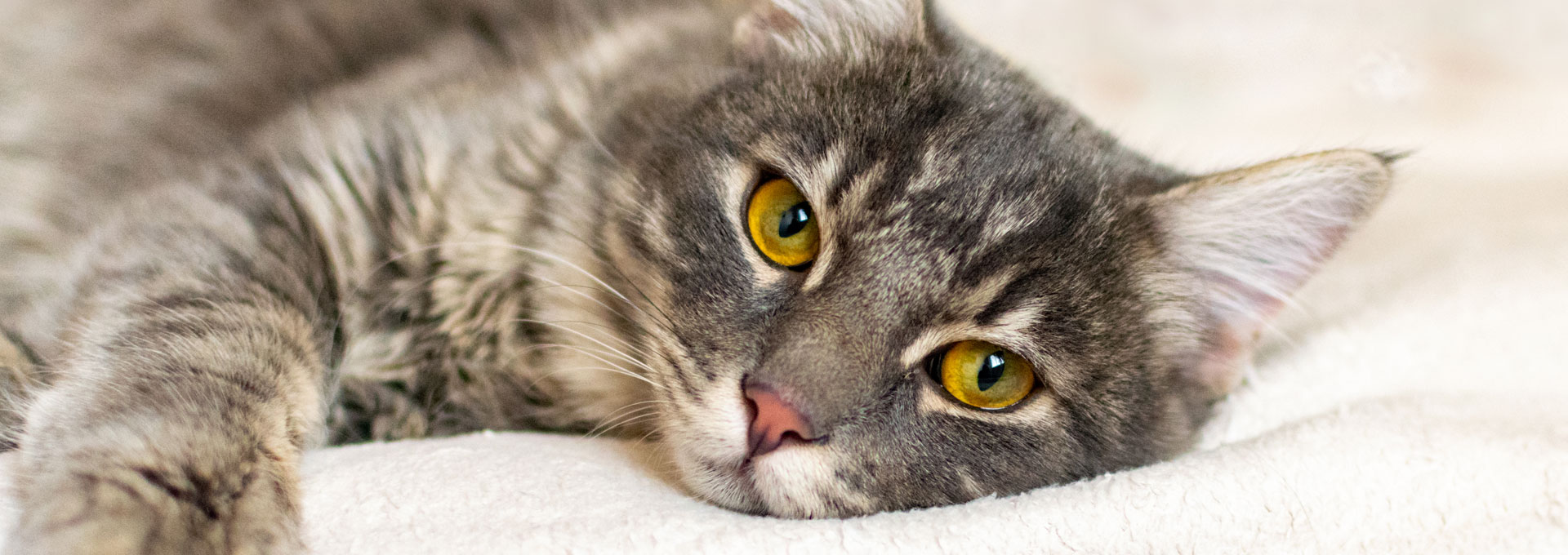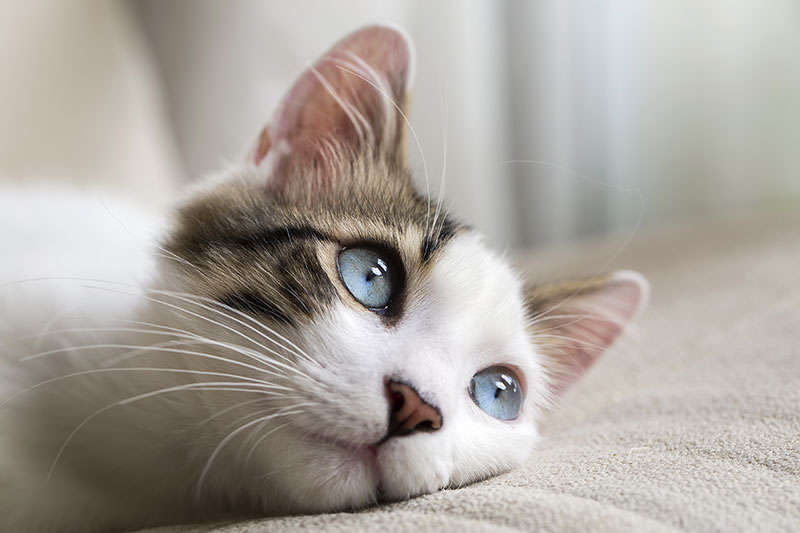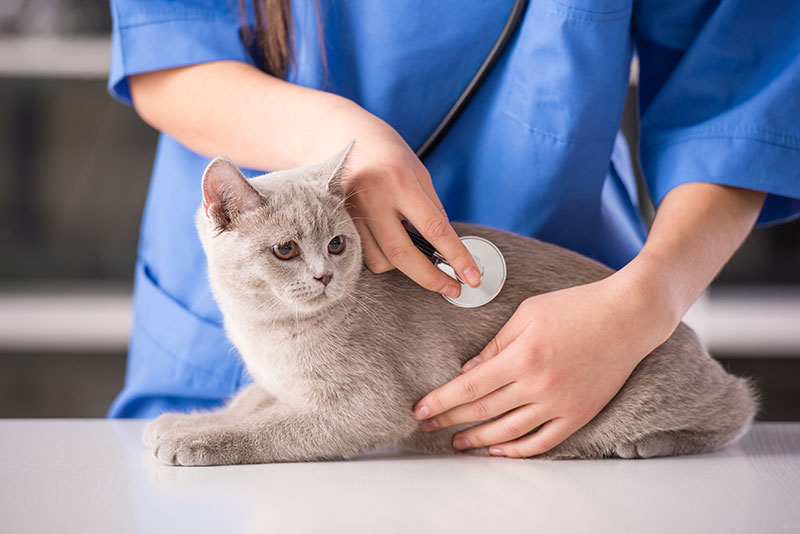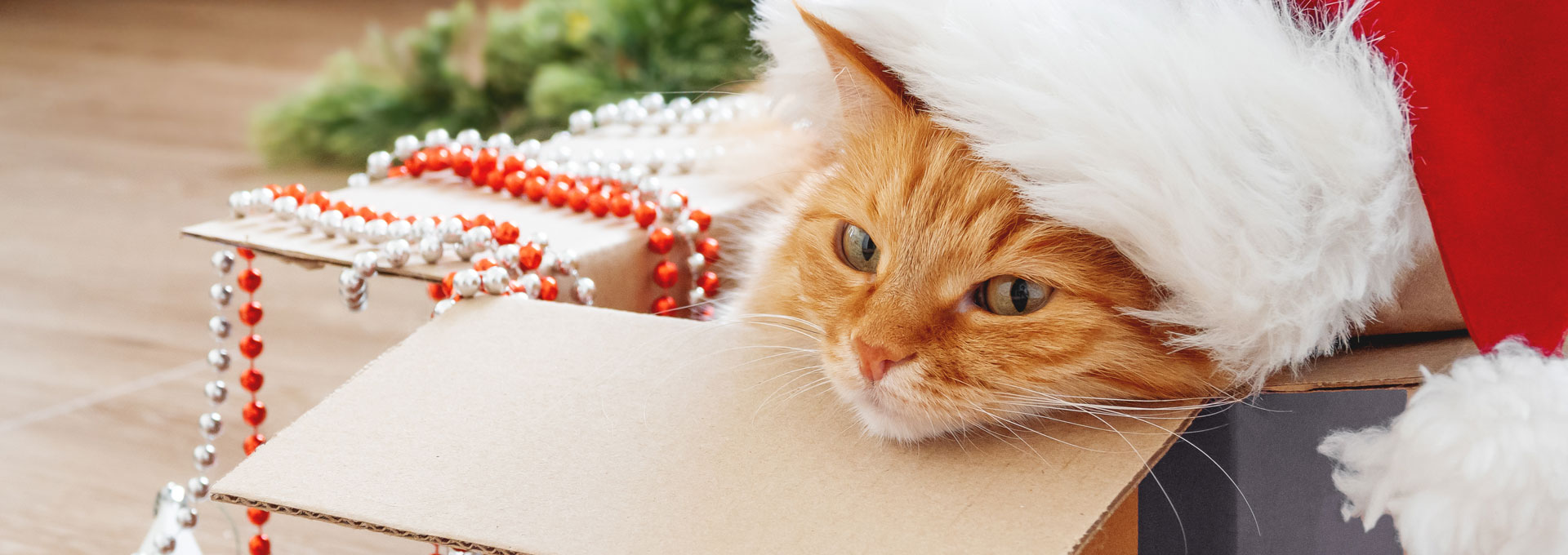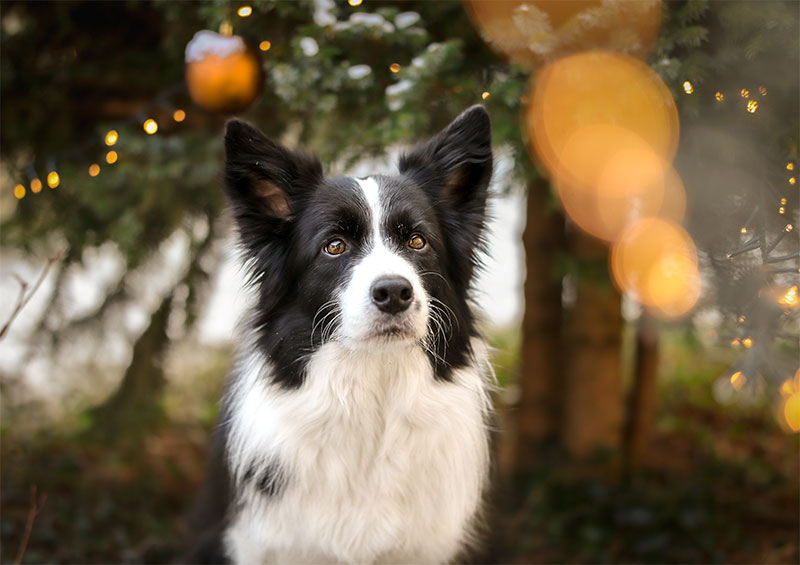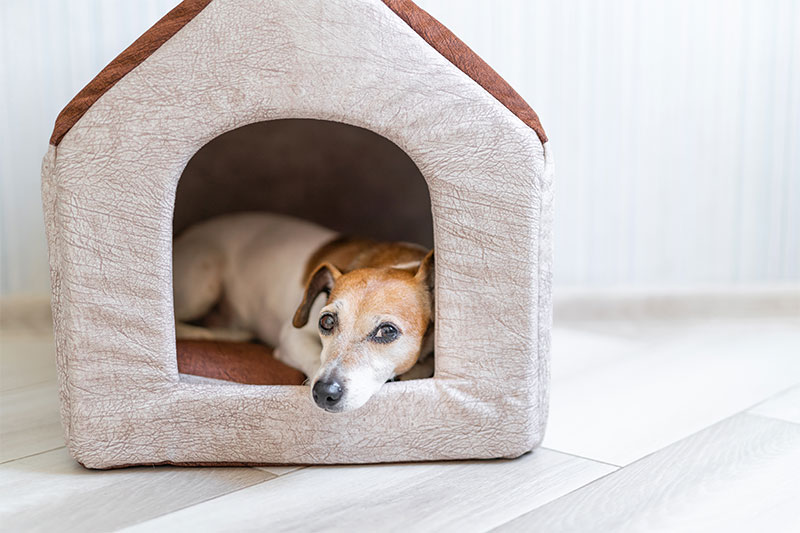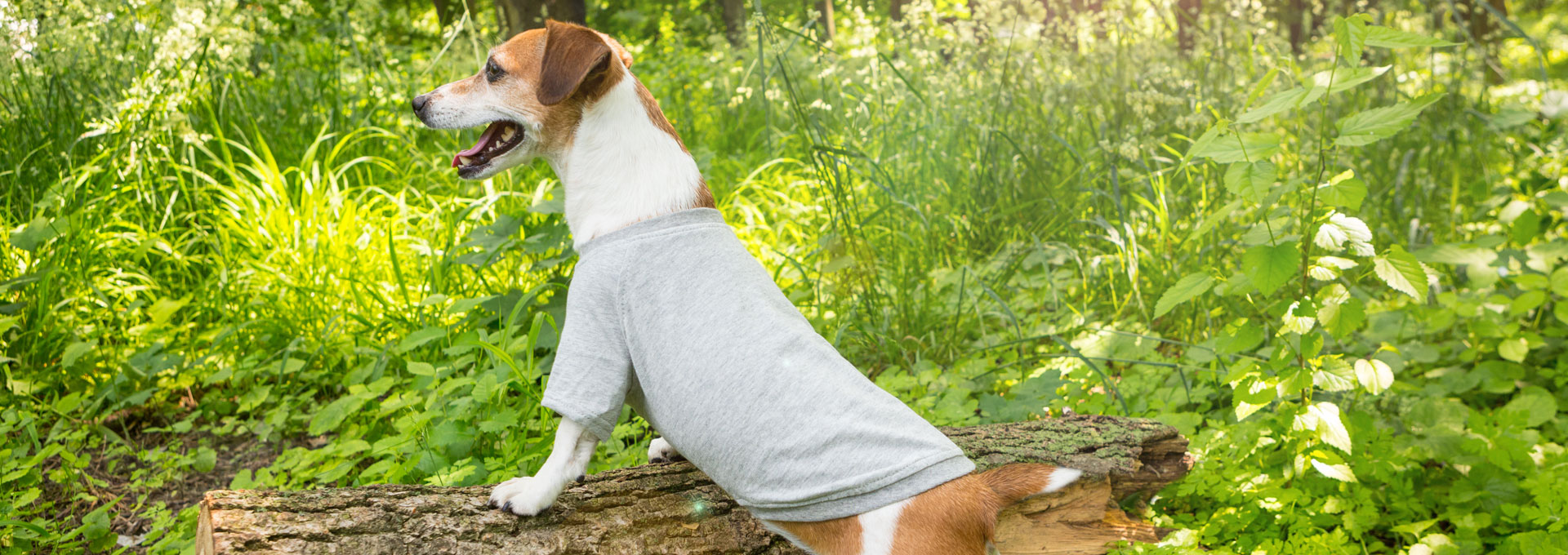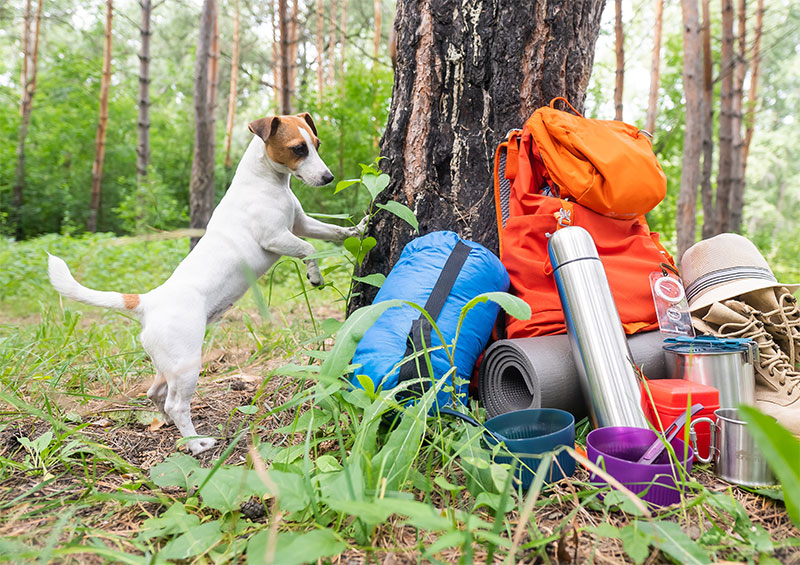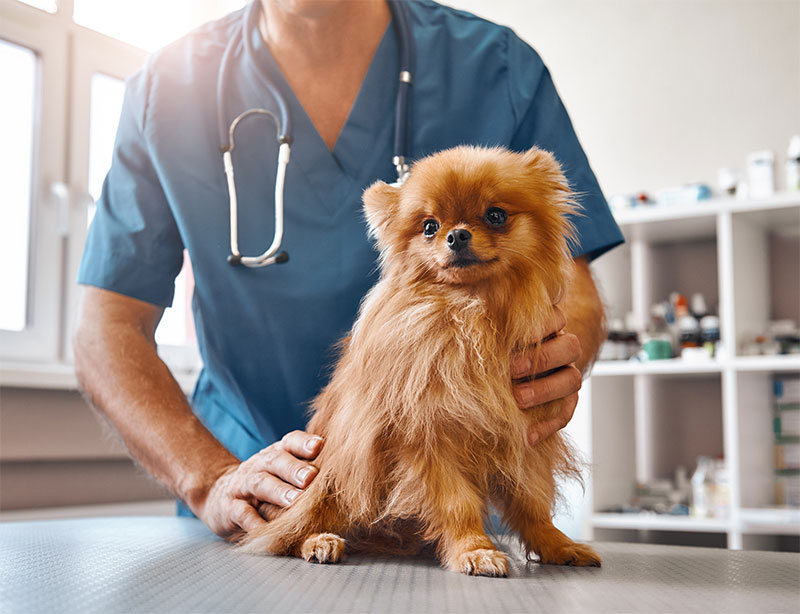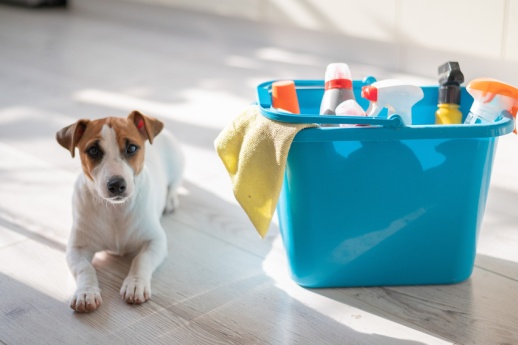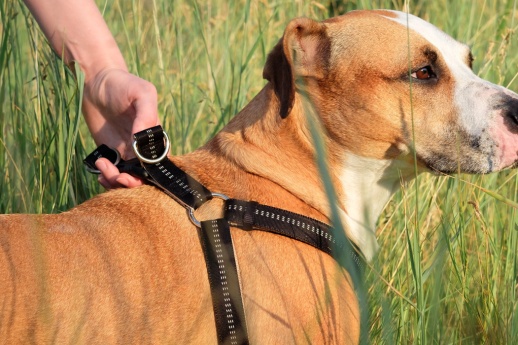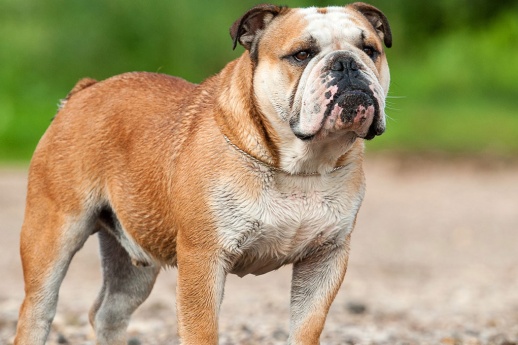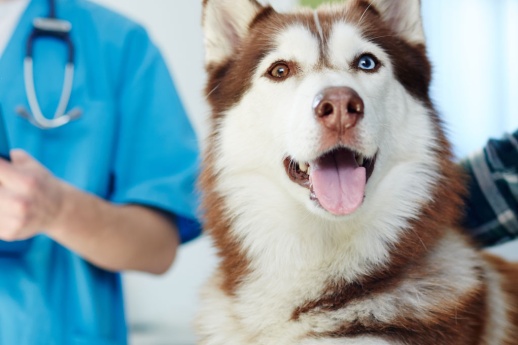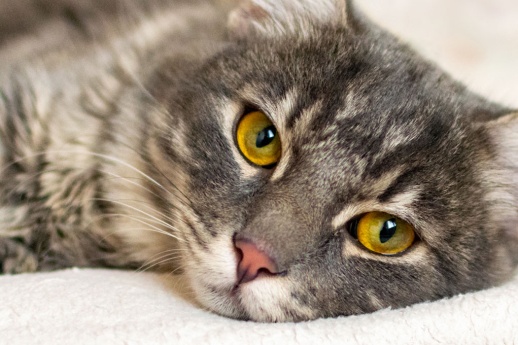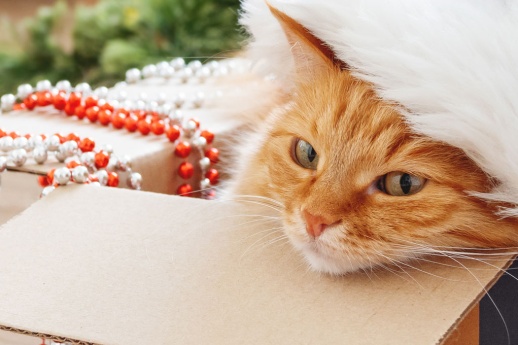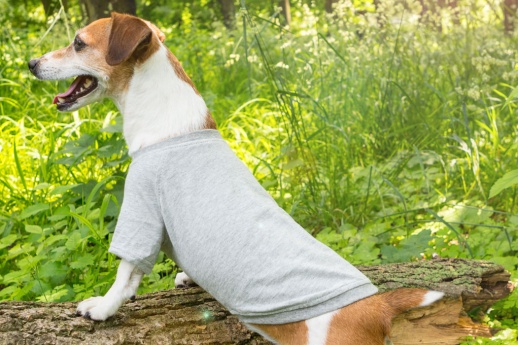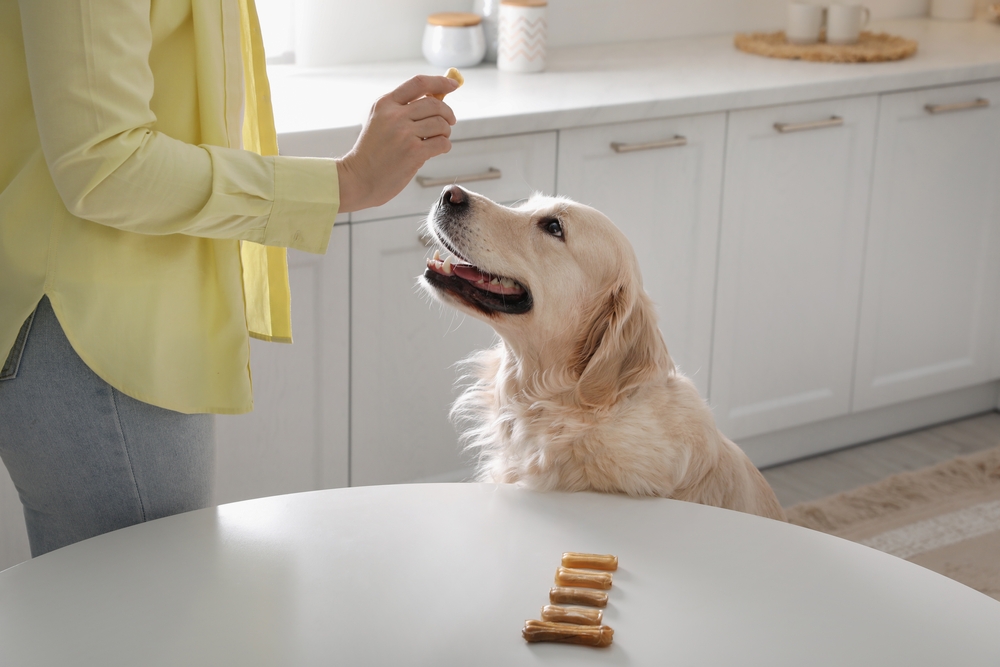
Enhance Your Pet's Well-Being with DIY Pet Products
At Olive Branch Pet Hospital in Pensacola, Florida, we understand the importance of providing the best care for your furry family members. While professional veterinary care is crucial, there’s something special about the personal touch you can add to your pet’s well-being through DIY pet products. These homemade creations not only promote your pet’s health but can also deepen the bond you share with your four legged companion. In this blog, we’ll explore the world of DIY pet products and share 10 ideas to enhance your pet’s life.
10 DIY Pet Products to Enhance Your Pets Life
1. Homemade Pet Treats:
Whip up some delicious and nutritious treats for your pets using simple ingredients like peanut butter, oats, and carrots. Homemade treats allow you to control the quality of ingredients and cater to your pet’s specific dietary needs.
2. DIY Pet Toys:
Craft interactive toys using old socks, tennis balls, or cardboard. Engaging your pet in playtime is essential for their mental and physical health, and creating your toys can be a fun and rewarding experience.
3. Homemade Pet Shampoo:
Sensitive-skinned pets will appreciate a gentle, homemade shampoo. Combine natural ingredients like aloe vera, oatmeal, and coconut oil to create a soothing and cleansing solution.
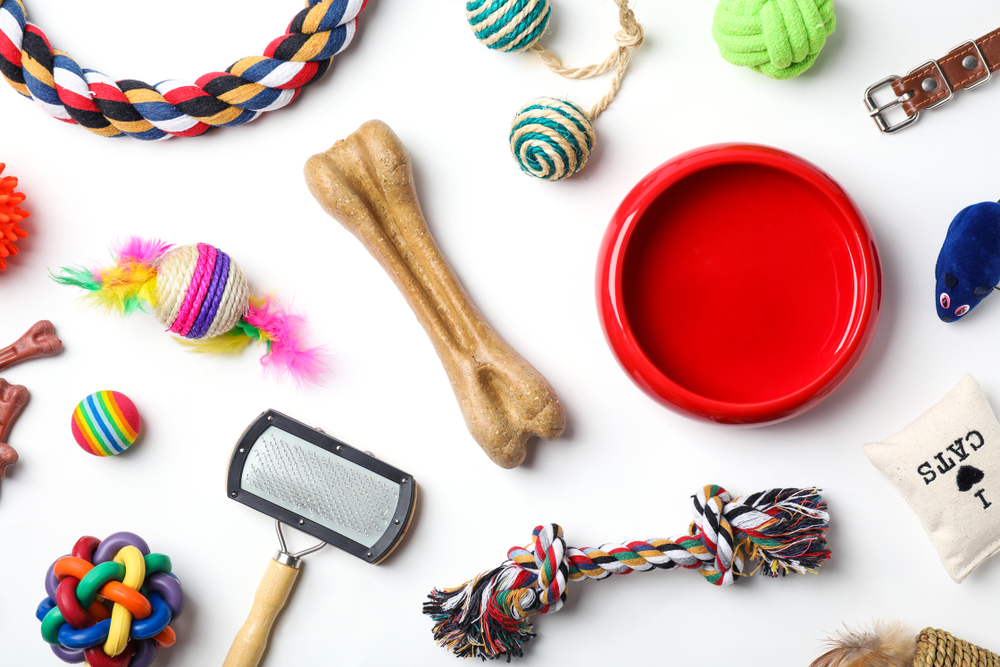
4. DIY Cat Furniture:
Give your feline friends a unique space to explore and relax by building cat trees or scratching posts. Not only does this fulfill their natural instincts, but it also saves you money on store-bought alternatives.
5. Custom Pet Bedding:
Personalize your pet’s sleeping space with DIY bedding made from soft, washable fabrics. This not only keeps your pet comfortable but also adds a touch of style to your home.
6. Pet-Friendly Cleaning Products:
Create safe and effective cleaning solutions to maintain a pet-friendly environment. DIY cleaners can eliminate odors and stains without harmful chemicals.
7. Homemade Pet Feeder:
Design a custom pet feeder that suits your pet’s size and eating habits. Elevated feeders can promote better digestion and reduce strain on their necks.
8. DIY Dog Agility Course:
For active dogs, construct an agility course in your backyard. It’s a fantastic way to provide mental stimulation and exercise, fostering a happy and healthy pup.
9. Natural Flea and Tick Repellent:
Protect your pet from pesky pests by making a natural repellent using essential oils like lavender, eucalyptus, and cedarwood. This DIY solution is safe and effective.
10. Herbal Pet Remedies:
Explore herbal remedies like chamomile for anxiety or calendula for skin issues. These natural solutions can complement professional veterinary care and promote overall wellness.
Trust Olive Branch Pet Hospital for Your Pet's Health and Happiness
While DIY pet products can greatly enhance your pet’s life, it’s crucial to remember that professional veterinary care is irreplaceable. At Olive Branch Pet Hospital in Pensacola, Florida, we are committed to providing top-notch care for your pets. Regular check-ups, vaccinations, and expert advice are essential for their well-being. If you have any concerns or need assistance in crafting a holistic approach to pet care, don’t hesitate to book an appointment with us. Together, we can ensure your beloved pets lead happy, healthy lives filled with love and creativity.
